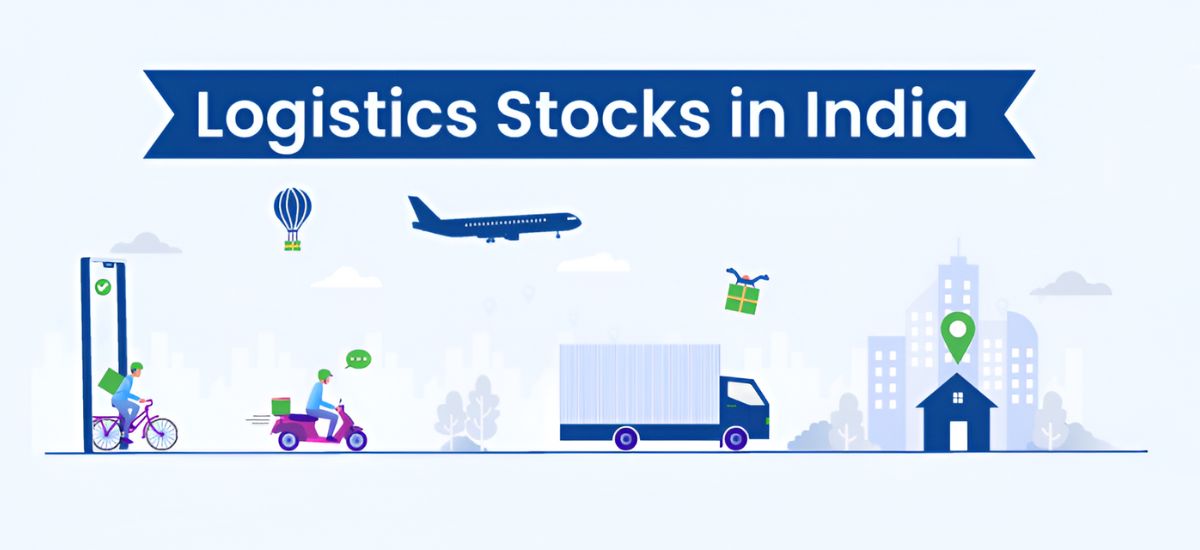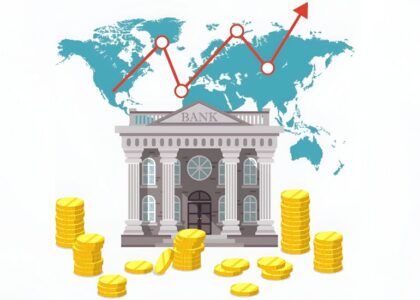Navigating the Indian logistics sector for investment requires more than just a cursory glance at stock prices. It’s about understanding the pulse of the economy, the shifts in consumer behavior, and the infrastructure that supports it all. Renowned financial analyst Someshwar Srivastav sheds light on the key factors to consider before diving into this dynamic sector.
1. Economic Context: Before taking the plunge, it’s crucial to gauge the overall health of the Indian economy. Factors like GDP growth, inflation rates, and industrial output directly impact the logistics industry. A growing economy means more demand for logistics services, creating a favorable investment climate.
2. E-commerce Boom: With the surge in online shopping, logistics have become the backbone of e-commerce. Keeping an eye on this trend and how logistics companies are partnering with major e-commerce players can unveil potential growth avenues.
3. Infrastructure Backbone: Logistics thrive on robust infrastructure, from transportation networks to warehouses. Government initiatives like Bharatmala and Sagarmala play a significant role in shaping the logistics landscape and should be closely monitored.
4. Regulatory Landscape: Logistics companies are subject to various regulations that can affect their operations and profitability. Staying informed about changes in taxation and licensing ensures a clear understanding of the playing field.
5. Tech Integration: Embracing technology is key for logistics companies to stay competitive. Innovations like IoT tracking and warehouse automation enhance efficiency, making them worth considering when evaluating investments.
6. Competition Check: The logistics market in India is crowded, making competition fierce. Understanding a company’s market share and network strength helps gauge its ability to thrive in the market.
7. Risk Management: Logistics come with inherent risks, and how well a company manages them is crucial. Diversification and strong risk management practices mitigate unforeseen challenges.
8. Financial Health: Analyzing financial metrics like revenue growth, profitability, and debt levels provides insights into a company’s stability and growth potential.
9. Sustainability: With a growing focus on environmental conservation, investors are increasingly looking at a company’s sustainability initiatives. Eco-friendly practices not only benefit the environment but also signal long-term viability.
10. Supply Chain Resilience: Recent global events have highlighted the importance of a resilient supply chain. Companies that can adapt quickly to disruptions are better positioned for success.
11. Customer Service and Satisfaction: In the logistics sector, customer satisfaction is paramount. A company’s reputation for reliability and timely delivery directly impacts its success. Investing in companies with a track record of excellent customer service can lead to long-term profitability.
12. Geographical Expansion Plans: A company’s plans for geographical expansion can offer insights into its growth strategy. Investing in companies with well-thought-out expansion plans into emerging markets or underserved regions can be lucrative.
13. Partnerships and Collaborations: Keep an eye on strategic partnerships and collaborations within the logistics industry. Joint ventures or alliances with complementary businesses can enhance a company’s capabilities and market reach, driving growth and profitability.
14. Talent and Leadership: The strength of a company’s leadership team and its talent pool is crucial for long-term success. Investing in companies with visionary leadership and a skilled workforce ensures effective decision-making and execution of growth strategies.
15. Mergers and Acquisitions: Monitor the landscape for mergers and acquisitions within the logistics sector. Strategic acquisitions can provide companies with access to new markets, technologies, and talent, positioning them for accelerated growth.
Winding Up
In conclusion, investing in the Indian logistics sector holds promise, but it requires a thorough understanding of the market dynamics. By considering factors like economic indicators, technological advancements, sustainability efforts and counselling by experts such as Someshwar Srivastav, investors can make informed decisions and set themselves up for success in this ever-evolving landscape.









